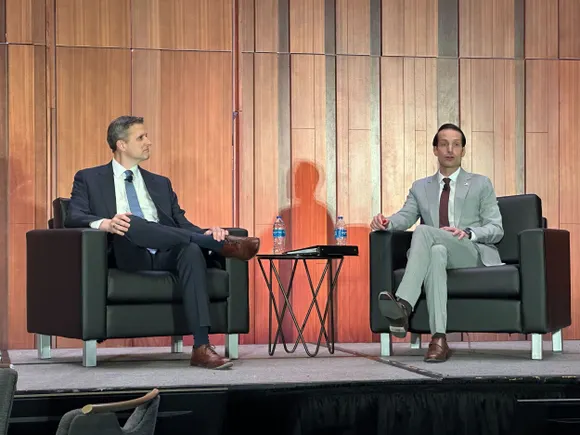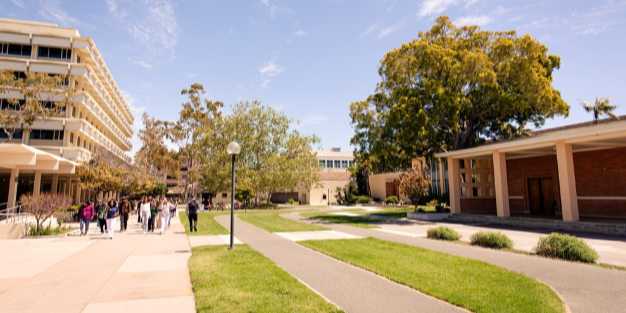Natee Meepian/Shutterstock
In higher education — and across every industry — millions of U.S. employees are balancing their professional roles with caregiving responsibilities. Despite growing post-pandemic awareness around work-life balance, many workplaces still fall short in supporting this population. For caregivers, flexibility and understanding aren’t just perks — they’re necessities.
“Most of us will be caregivers at one point or another to spouses, parents, children, or friends,” wrote Caira Benson in a HigherEdMilitary article. And data backs that up: according to the 2025 edition of the Caregiving in the U.S. report by AARP and the National Alliance for Caregiving, more than 63 million Americans currently serve as caregivers — an increase of almost 50% since 2015.
A caregiver is anyone who helps meet the needs of a friend, family member, or other loved one with limitations due to illness, injury, or disability. This includes caring for veterans, aging parents, or individuals with chronic conditions.
As this group grows, employers must ensure that workplace cultures, policies, and expectations reflect their realities. Equally important is adapting hiring and evaluation practices, since caregivers often have resume gaps yet offer transferable skills developed through their caregiving journeys. And as institutions that often champion inclusivity, colleges and universities have an opportunity to lead by example — both in hiring caregivers and supporting them at work.
“Supporting military and veteran caregivers has taught us something every employer can use: caregiving isn’t a private struggle-it’s a shared responsibility. When workplaces offer flexibility, fair leave, and real pathways for re-employment, caregivers don’t have to choose between a paycheck and the person they love. That’s how we strengthen families, campus communities, and the workforce at the same time,” says Steve Schwab, CEO, Elizabeth Dole Foundation.
To help employers address this challenge, the SHRM Foundation and the Elizabeth Dole Foundation will host the inaugural Supporting Caregivers in the Workplace Summit on October 30.The event will bring together HR executives, policymakers, industry experts, and philanthropic leaders to advance solutions at the intersection of caregiving, business strategy, and public policy.
Whether you’re a higher ed professional seeking support or an HR leader who can help shape policy, the summit serves as a powerful reminder to assess whether your institution’s culture and policies truly meet caregivers’ needs.



























